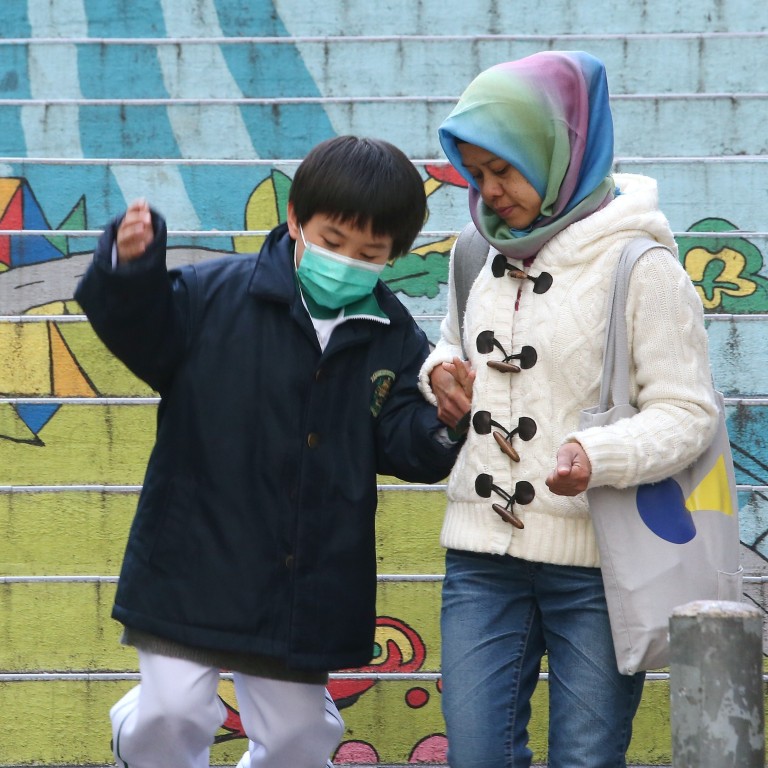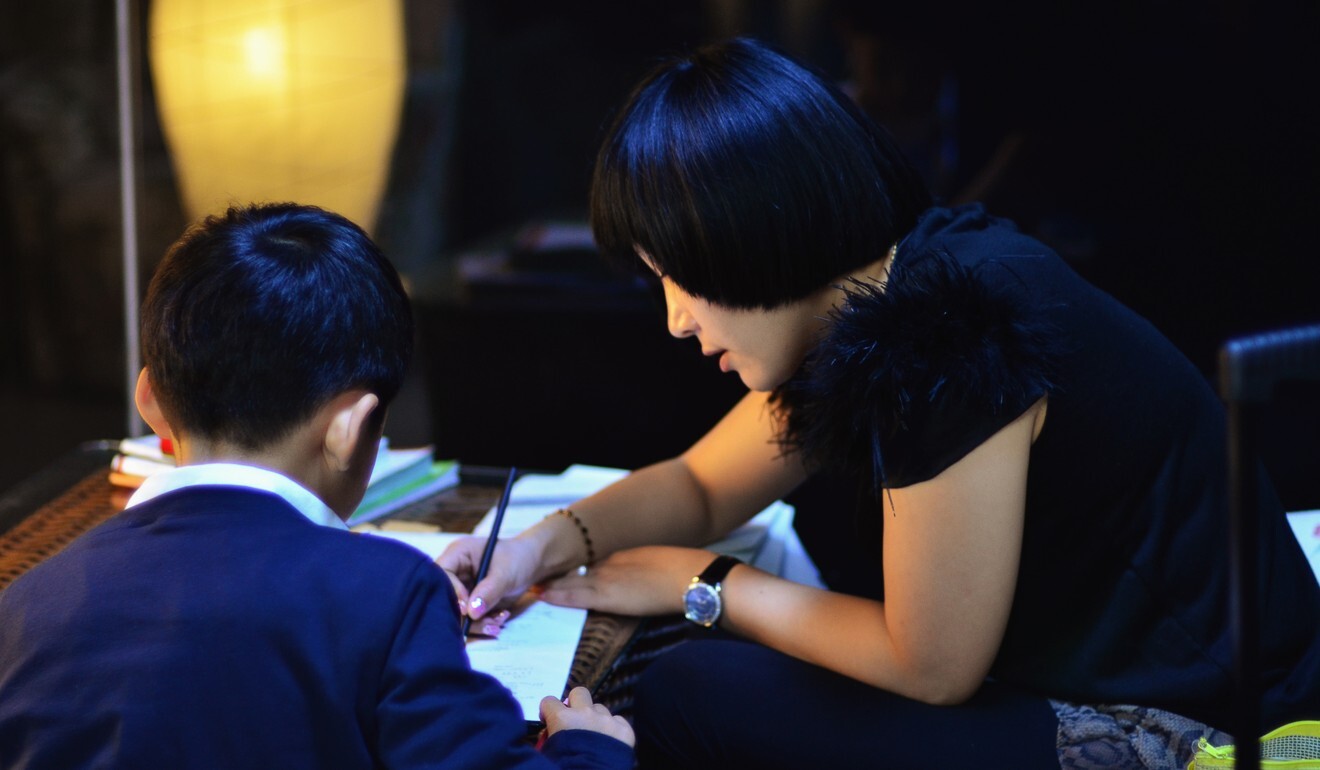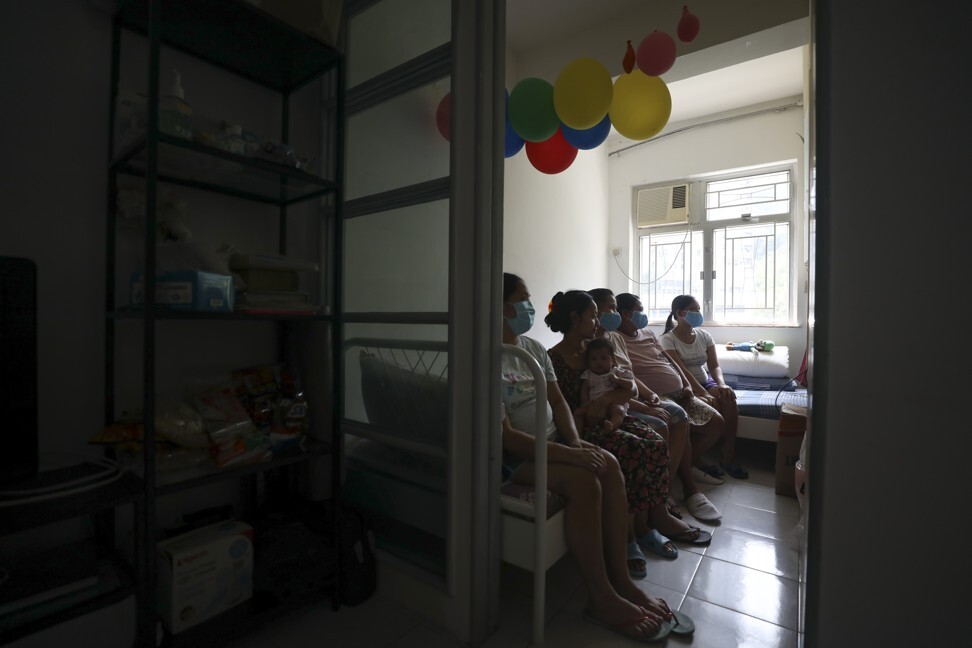
To all working mothers, including Hong Kong’s migrant domestic helper mums: thank you
- The pandemic has exacerbated pressure on working mums to balance the demands of work and childcare while receiving little society-wide support
- The foreign workers who leave their own children behind, to play a key role in supporting local families, deserve our utmost respect
The relationship between motherhood and work is one of the trickiest balancing acts there is for a woman. Entrenched gender stereotypes place an unfair burden on working mums.
At work, employers may be biased against female employees who are mothers, while at home, women are often expected to shoulder most of the childcare, care for the elderly and household duties.
The Covid-19 pandemic has seen many working mums, including myself and other members of the PathFinders team, struggle to balance the demands of work, childcare and home-based learning.
It is so disheartening to read headlines across the world about the number of mums leaving the workforce due to the pressure of trying to be just as productive at work, while ensuring children are doing school work.

Given limited care options for children in Hong Kong, many working mums have relied heavily on the support of migrant domestic workers, especially during the pandemic, to be able to remain employed and better balance work and family life. The same reliance is true for working daughters, many of whom hire migrant domestic workers to help care for elderly parents.
Many of these domestic helpers are working mums too, who have been unable to return home during the pandemic to see their children. For many, the pandemic has also created an even greater financial burden and increased the need to send home more remittances to support their extended family.
Globally, declining fertility rates and rapidly ageing populations mean many countries face increasing concerns about the financial implications of demographic changes. Yet, as a culture, we are doing very little to encourage and support working mums to succeed as the caring provider for their children, whether they are in Hong Kong or overseas.
Hong Kong’s young mums want jobs, but opportunities few and far between
For migrant domestic worker mums, a public opinion survey conducted by PathFinders has found that pregnancy is often considered even more “unacceptable” by an employer due to the perceived inconvenience it would cause them, at times resulting in the loss of employment.
When this happens, the migrant domestic worker immediately becomes homeless and within two weeks, when her working visa expires, she loses access to public services, including health care vital for prenatal screening and newborn care.
For those unable to return home, their children are typically undocumented, stateless and lack access to essential services including health care, shelter and education.

For true and lasting change to happen, people must change their attitudes. It is not enough to protect all working mums, we should celebrate them.
Employers should allow greater flexibility for working mums to re-enter the labour market after childbirth. Employers of migrant domestic workers who are mothers should also allow them to play a more active role in the lives of their children back in their home country. For example, breaks can be given between duties for them to connect with their children via video calls.
We believe there is no better time than Mother’s Day to celebrate and honour the extraordinary strength and resilience of all working mums in Hong Kong – especially the many migrant domestic worker mothers who help us by taking care of our children while living thousands of miles away from their own.
Please join us this Mother’s Day in saying an extra special thank you to all the working mums in your life.
Catherine Gurtin is the CEO at PathFinders (www.pathfinders.org.hk), which is celebrating all working mothers in Hong Kong with a #WorkingMomsHK campaign

